The meaning of, and in, McDonald's
My favorite franchise can't seem to get out of the news
The last few months has provided two moments that emphasize how central McDonald’s is to American life, both physically and culturally. First there was the viral, and controversial, Trump campaign stop where he “worked” for an hour, and now the news that Luigi Mangione, the charged and alleged assassin of UnitedHealthcare CEO Brian Thompson was caught in an Altoona franchise because he was spotted by a group of morning regulars and employees.
Those who have followed me for the last decade know that McDonald’s is also central to who I am. My first viral piece, that effectively launched my writing career, was about how McDonald’s has become America’s community centers, especially for communities where so much else has fallen apart, or disappointed people. Over half of my book Dignity takes place in McDonald’s, and while writing it, in a McDonald’s, my working title was, “Everything you want to know about America can be learned in a McDonald’s” because I sincerely believe that. Which is why, when I do a brief turn as a political reporter, I spend my months interviewing people in McDonald’s, not at campaign events, or non-profits, or even in diners, because all of those are self-selecting for highly engaged voters and elections are not determined by only the highly engaged voters but by the far larger “normies” who only tune in and turn out every few years.
That is why all my pieces about the US1 have pictures and stories from McDonald’s. As a walker I use them for the same reason everyone else does — they are welcoming, social, inexpensive, have Wifi, good food, and great coffee, and clean bathrooms — while also being a great way to learn about a place from the bottom up.
They are where you find the metis, not the techne2, of a community, and the hill I’ll die on is that practical, experiential, organic, and tacit knowledge is as valuable, if not more, than technical, scientific, and formal knowledge. Both are important, and yet within elite circles, metis is seen as embarrassing, backwards, and outright wrong.
Which brings me to the first news story, Trump’s McDonald’s photo op, which while it has been adjudicated to death, is a great illustration of what many elites still miss about his appeal.
Trump’s superpower has long been signaling to working stiffs that he’s “just like you” despite being on the surface anything like them. His love of McDonald’s, which I believe is as genuine as any politician can ever have, is one of those signals, and maybe his most effective, because it makes his critics go hyperbolic in a way that signals that they are not “just like you.”
McDonald’s is wildly popular with every group of Americans, uniting every demographic in the US — it crosses economic class, race, gender, urban versus rural — with the single exception of the highly educated, especially academics. They alone as a group have moral issues with it, and while they might use it, they do so grudgingly, usually to appease crying kids or for a rest stop on a long trip.
So Trump’s embrace of McDonald’s becomes a political twofer. He’s one of you, he is a a back-row guy at heart, and while he should be a member of the front-row, given his education and wealth, he’s not because they despise him for many of the same reasons they look down on you — for what he eats, how he talks, and for what he believes in, and how he arrives at those beliefs, which isn’t by spending years reading through approved syllabi (techne), but having gone out into the world and learned from it, one mistake after the next (metis)3.
The press, and his opponents, using the McDonald’s photo op to point out all the obvious absurdities fell flat because he also understood those absurdities, and didn’t care, even going so far as to play them up, because they were, to him and his supporters, the usual silly cry of the pedantic scolds. The class of people who are so absorbed in their books that they can’t see the real and bigger truths of the world. Including the idea that cosplaying as a McDonald’s employee for a hour, especially working the drive through, is simply fun, especially if you’ve spent your life as a customer.
The second news story, Luigi Mangione being caught in a McDonald’s, is far less controversial, but does illustrate the role the franchise plays in the day-to-day life of Americans, especially those towards the bottom, and those suffering from mental illness.
I’ve seen two questions raised. The first is, why would someone “so careful” as Luigi go into a McDonald’s? The second is, how in the world was he noticed?, given that it is a soulless franchise where you should be able to easily blend in, since each is the same, bland, and heavily trafficked space.
Yet, after over a decade acquiring an informal PhD in McDonald’s studies, with a minor in mental illness, I could have scripted this latest event down to the description of the regulars who first noticed him.
I’m going to go out on a limb here, despite it being too early to do so, and suggest that Luigi is suffering from paranoid schizophrenia4. I’ve met a lot of those in McDonald’s, because besides providing them with all the things every other customers wants, it is also a “reality safe space.” It is one of, it not the only, place in the “real world” they can go, grab a cup out of the garbage can and sit at their corner table and fit in, at least for an hour or two, without encountering too many dangers. It becomes, for many deeply troubled people, their only life line to normal society.
It’s a role McDonald’s, to its credit, has accepted. I’ve witnessed many episodes where the employees and morning regulars go out of their way to help those who come in that are suffering the worst. From free food, to calls for assistance, to having their husband come to parking lot and repair their broken-down car, free of charge.
Which is why the second question, how in the world was he noticed, isn’t surprising at all. Each McDonald’s is a community, and despite being a franchise built for the immediate and transactional, they’ve become long-term and social.
I’m writing this from the McDonald’s in my town, where I do most of my writing when at home, and I “know” almost all the two dozen or so oddballs that come in, like me, and sit in a corner, either starring at the wall, ranting into a cup, or working on their beat up laptop. The morning regulars, the evolving group of five or so guys who are at the door when it opens (5:30 a.m.), as well as the afternoon regulars, and all the employees also all “know” these oddballs and should a new one come in, sit in a corner, and start acting a bit off, they’ll notice. That almost always that means eventually offering to help, or in this rare case, noticing and calling the police.
As to the larger question, how is it that McDonald’s, a business founded and designed to make eating as quick and transactional as possible, become America’s default community center?
It has became that because people are fundamentally social and meaning making, and having a community you feel you belong to is foundational to who we are, and so if you provide them with a landscape of banal franchises, they will form communities, and make meaning, in a banal franchise.
I’ve come to all these conclusions by spending over a decade sitting in McDonald’s all over the US5. James C Scott, the anthropologist, came to similar, if not more deeply philosophical conclusions, by a lifetime of reading, writing, and observing.
As I wrote last week, he emphasizes the two ways of knowing, metis and techne, as one of humans fundamental divides. Currently, what I call the front-row, or the educated elites, are techne heads6, and see top-down urban planning and social planning as the route to building the best society, but in doing so, despite impressive results as measured in material wealth, they have missed the organic and human, because their framework doesn’t fully understand what a human is, beyond as a transactional rational economic thing.
They don’t fully appreciate that “being a valued member of something larger than themselves” is one of the foundational quarks of a person, a constituent of our Telos. One of the building blocks that can’t be removed from society, and humans, without resulting in a nihilistic despair. Our declining life expectancy, due to drug overdoses, suicides, and reckless diets, is evidence of that despair, as is a growing and desperate loneliness. Metis not only understands the need for the social, but it is a result of the social.
People need community, especially “spontaneous” ones built from the bottom up, rather than planned ones forced from the top down.
The communities in McDonald’s are a combination of both, organic ones thriving in an inorganic environment. That they exist in almost every franchise should be all the evidence one needs to understand how essential the communal value is to human flourishing. They are the flowers growing between the cracks of the cement parking lot: A reminder that life survives, and often thrives, in the harshest environments, and the modern world, impressively built on the back of science, despite being very wealthy, is still a pretty harsh, cold, and despondent place.
Two recent pieces are both effectively stories from McDonald’s
Techne is technical, scientific, and formal knowledge. It describes methods, procedures, and rules that can be systematically learned and applied. It tends to be codified, explicit, formal, standardized, top-down, abstracted, generalized, and universally applicable.
Metis is practical, experiential, tacit knowledge. It’s the accumulated wisdom or know-how that comes from practice or lived experience. It entails adaptability and the ability to respond intuitively in context. It tends to be local, situational, informal, decentralized.
Not admitting his mistakes is either his flaw or another super-power. I’m not sure which.
High IQ paranoid schizophrenics are remarkably logical, but starting from absurd premises. I’ve often said they are like mathematicians, but operating from starting postulates that are insane. When I said this on twitter, a follower, responded with this quote by Hannah Arentd, “logic is all that is left to people after they lose contact with reality.”
I believe I’ve now been to well over 500 franchises!
Another term I’ve used, stolen from a twitter user, is they are suffering from spreadsheet brain.





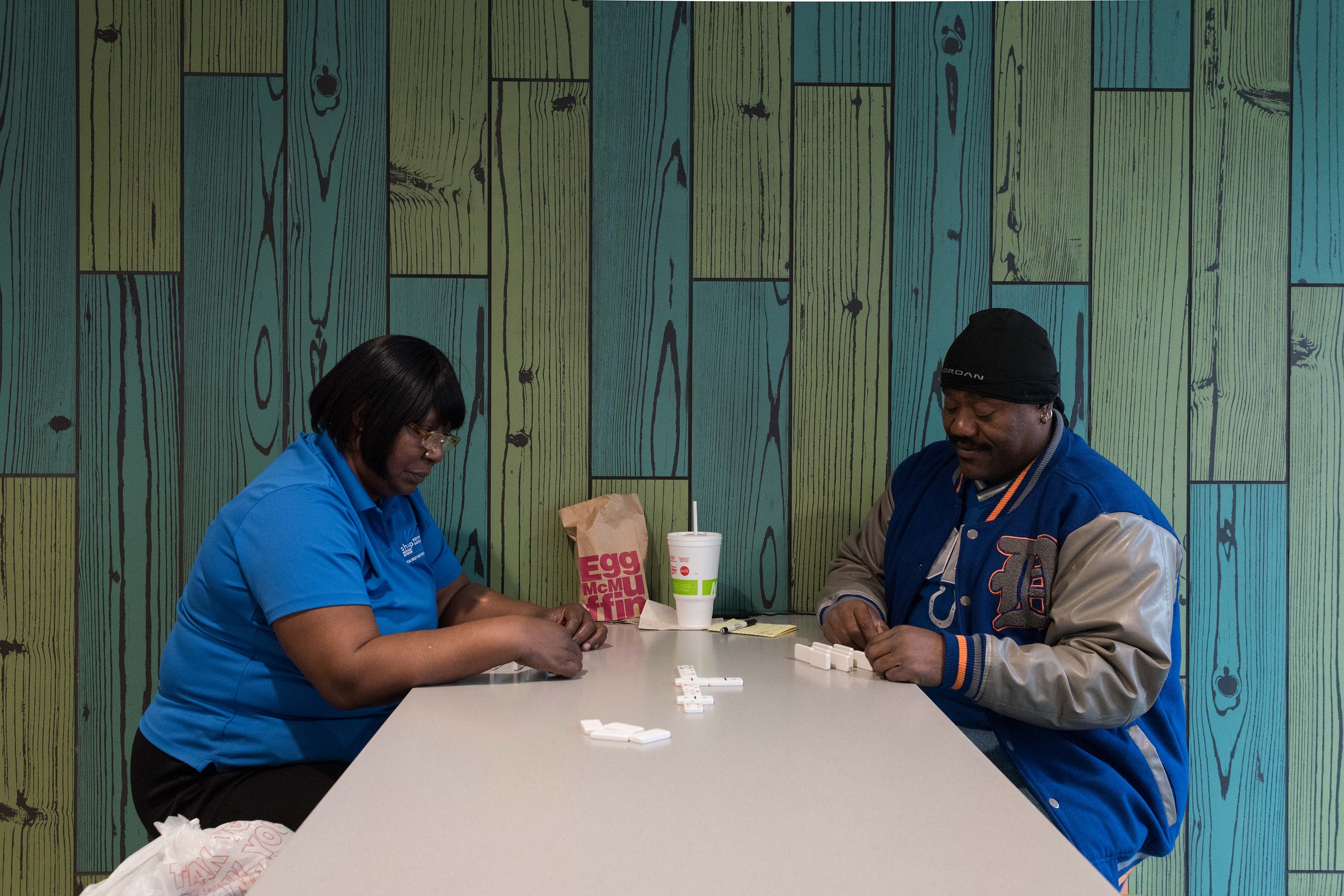
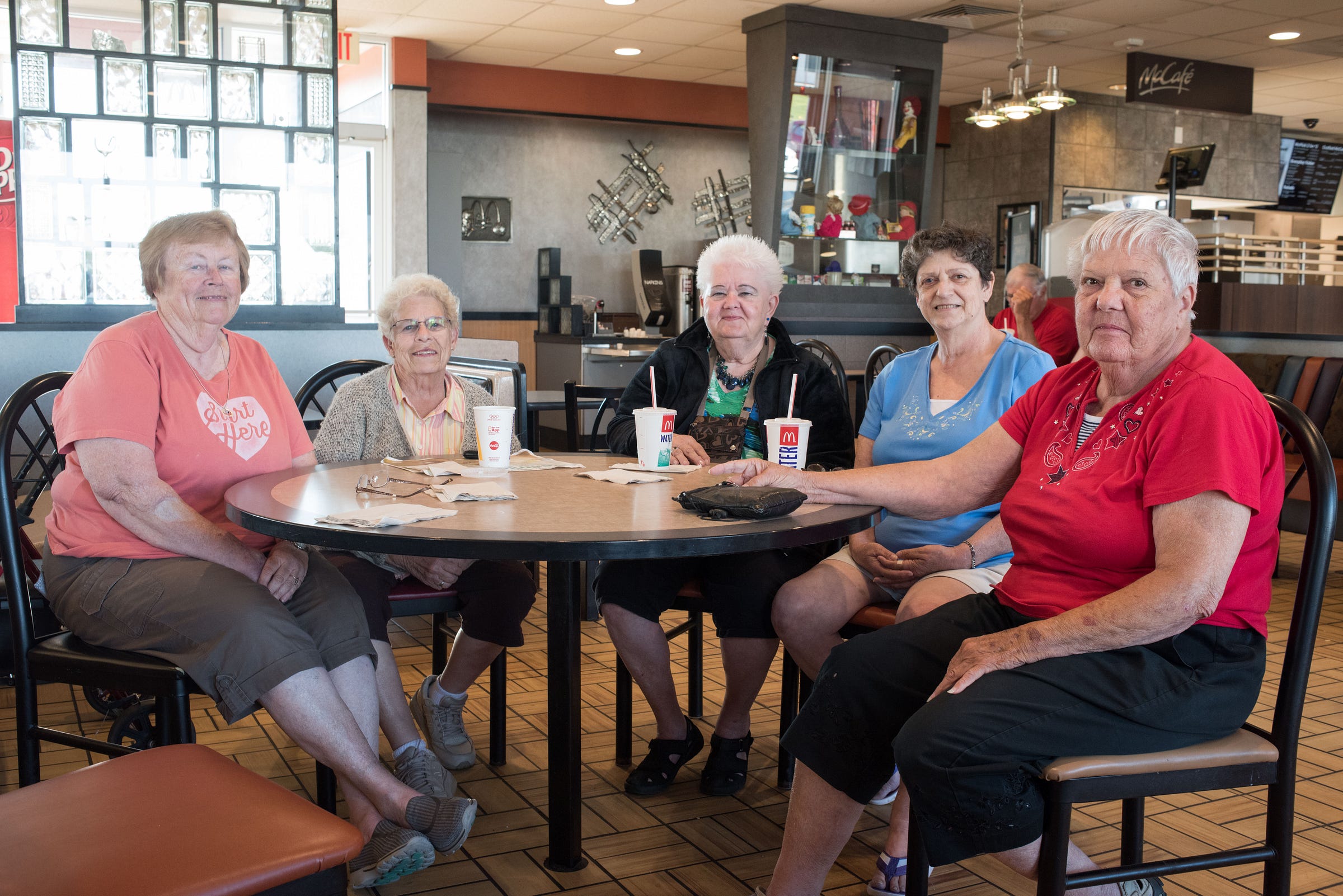
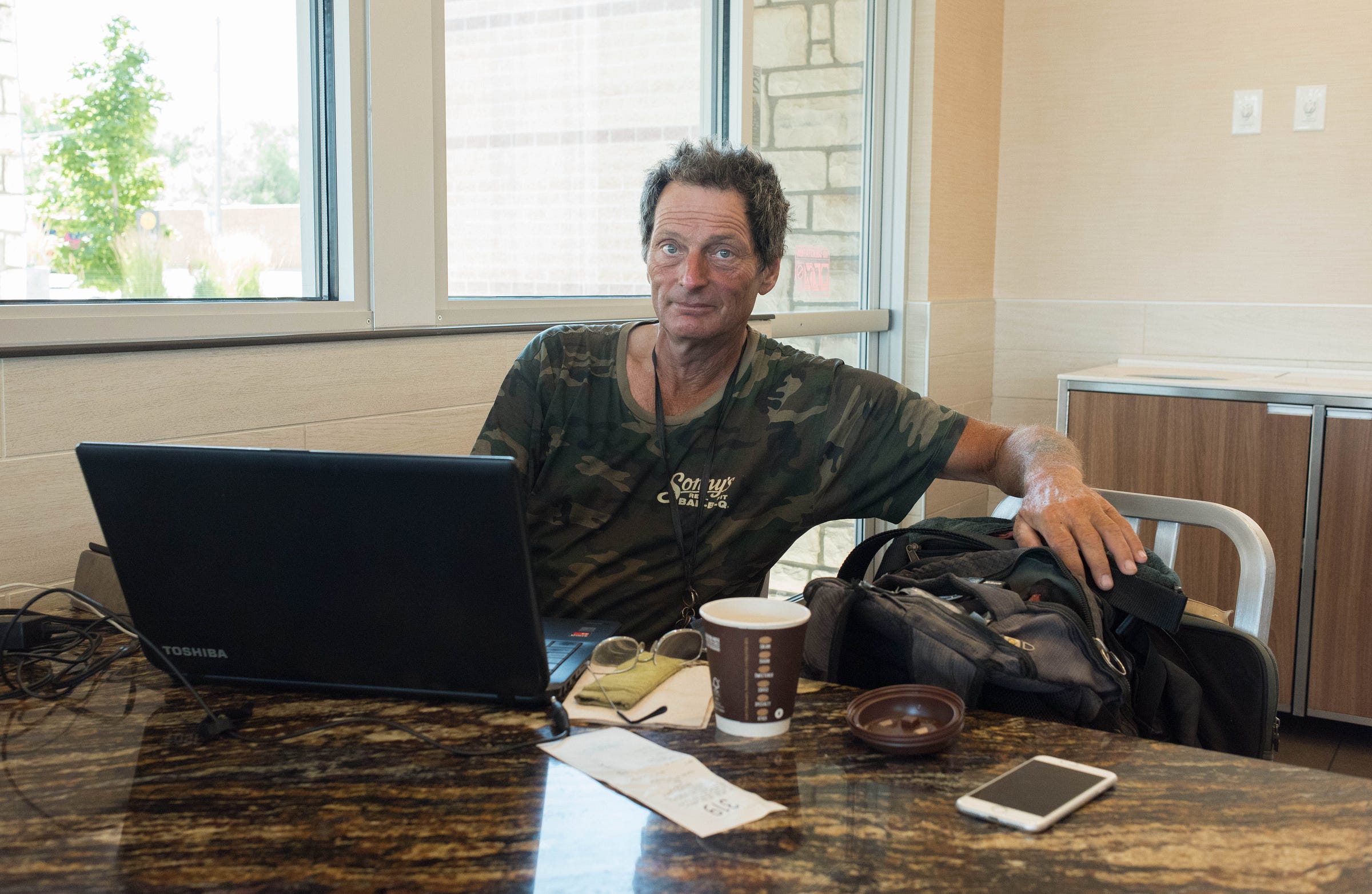
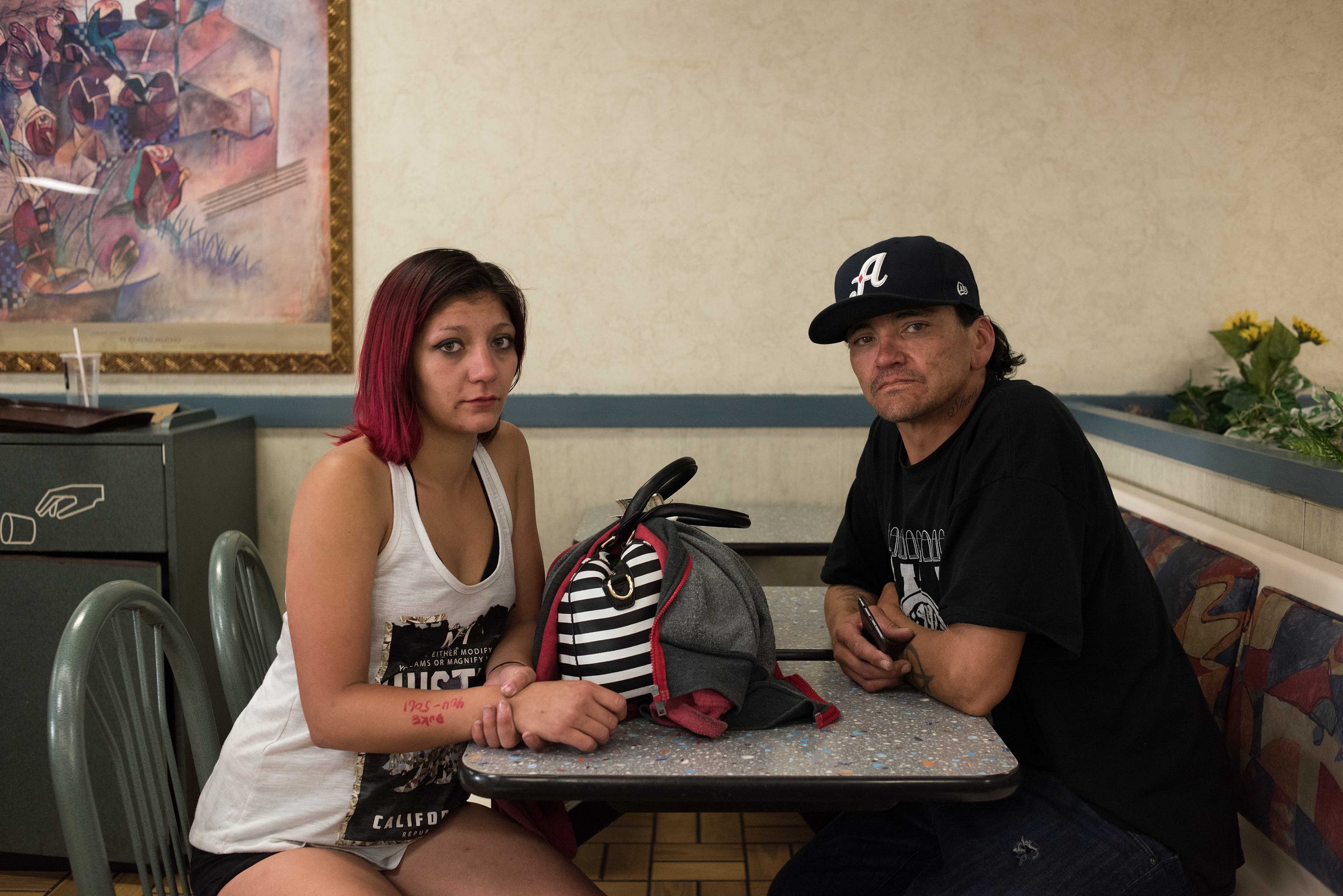
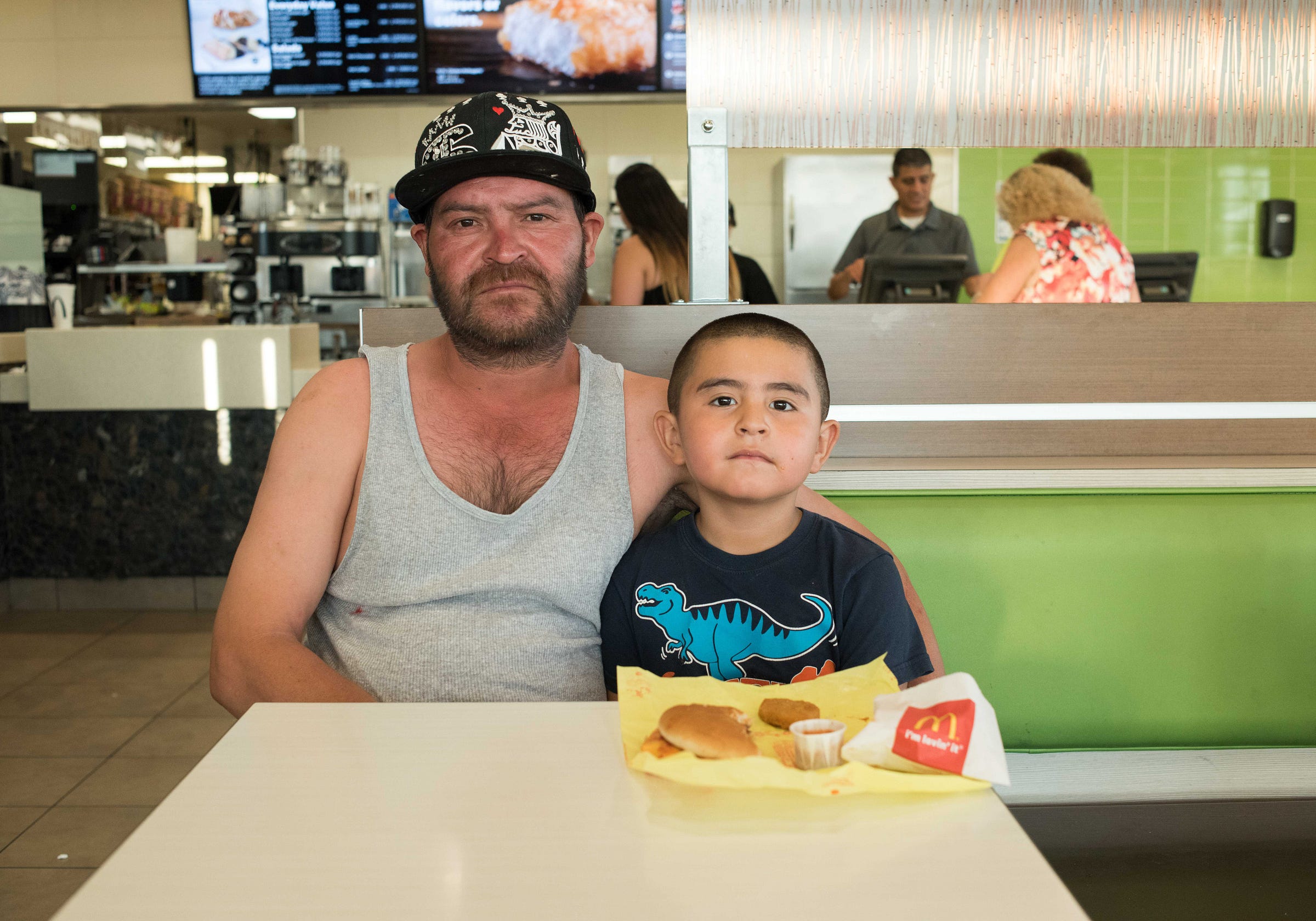
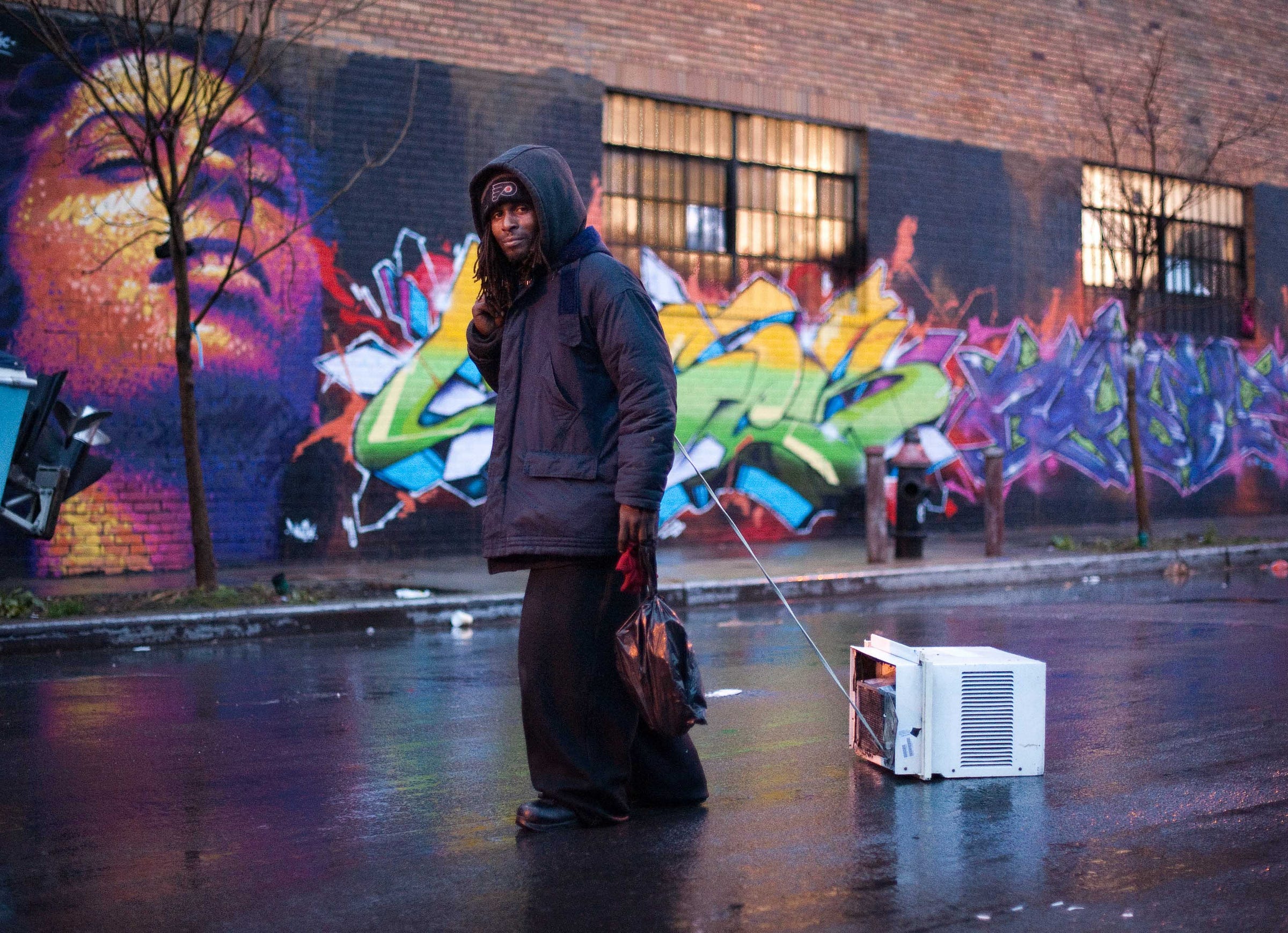
Chris, Very thoughtful and informative piece. As a retired forensic psychiatrist I too have wondered paranoid schizophrenia plays a role. Paranoid schizophrenia commonly has onset in the late twenties so the timing fits. The truth is contrary to NAMI’s insistence that schizophrenics aren’t more violent than the background population they are - especially paranoid subtype. Our politically correct culture has prevented academic studies of violence in schizophrenia although there are excellent studies from Europe, particularly Scandinavia. Suicide rates in Schizphrenia are also much higher than the general population.
A wonderful piece like so many of yours. I have found your insight about McDonalds as the last American Community Center impactful and troubling since I first encountered it in Dignity. I do want to push back slightly on the notion of urban planning as exclusively techne - certainly much is and was but todays urbanists are I think very interested in how built environment permits or prohibits organic community. To that end I’d point you to Addison del Maestro’s work here on Substack:
https://substack.com/@thedeletedscenes